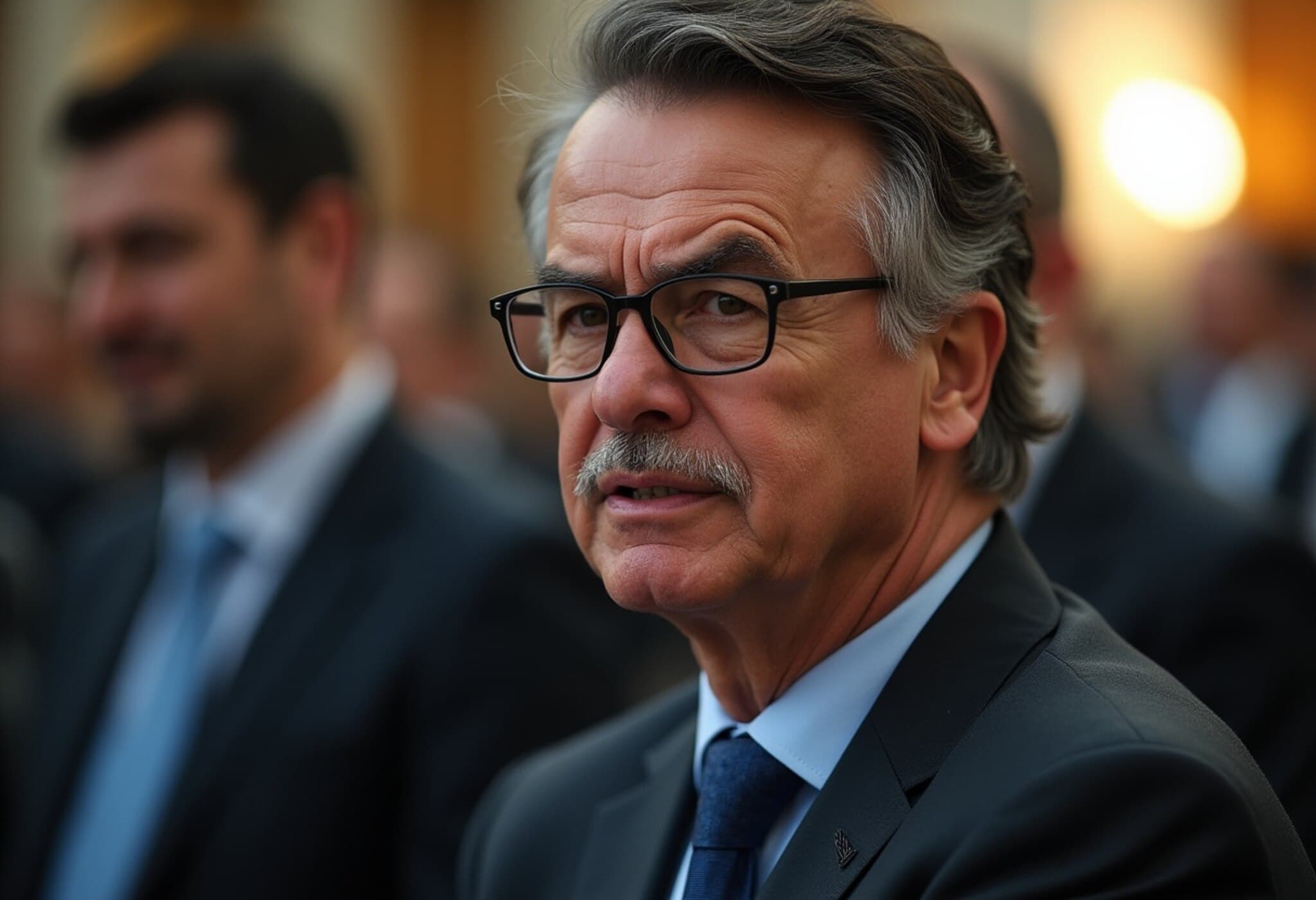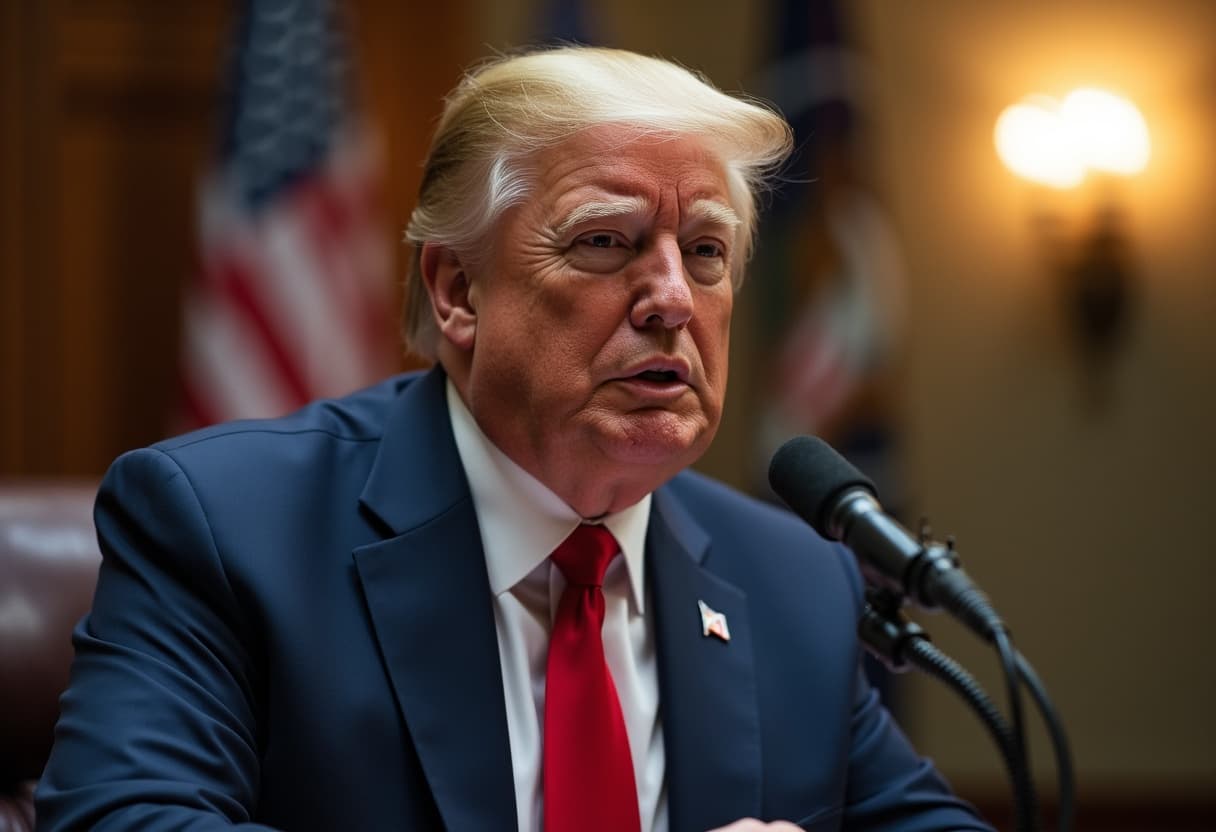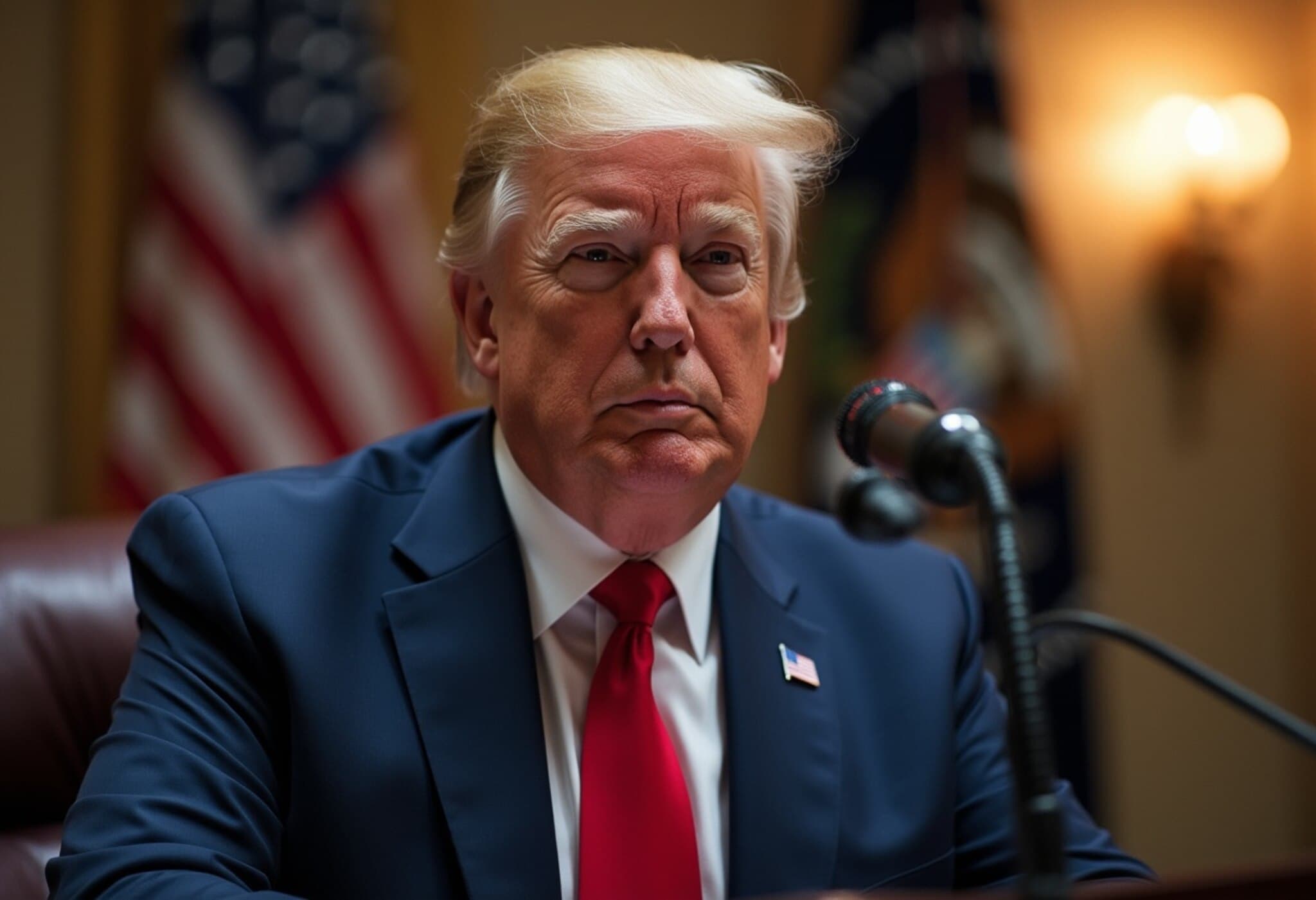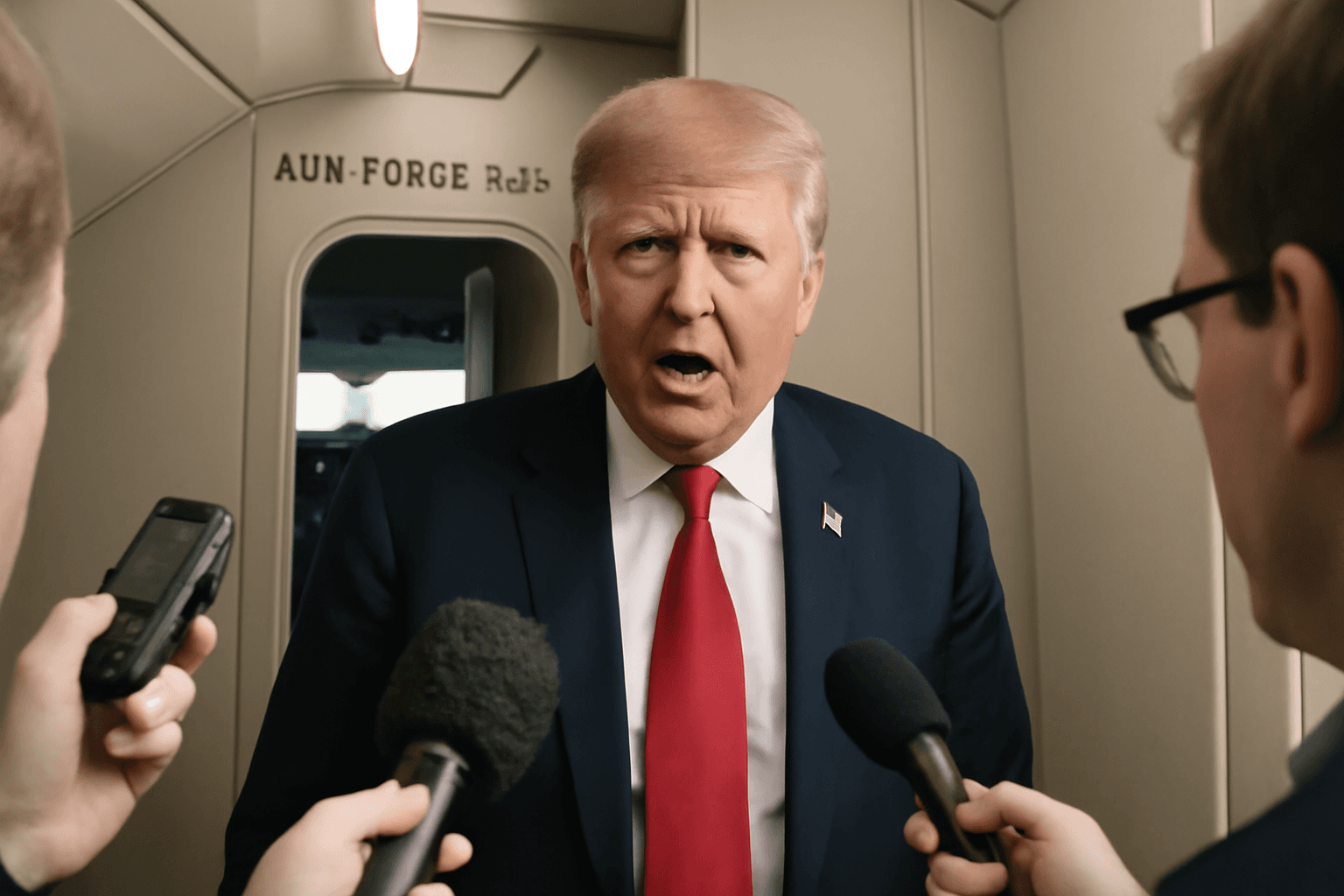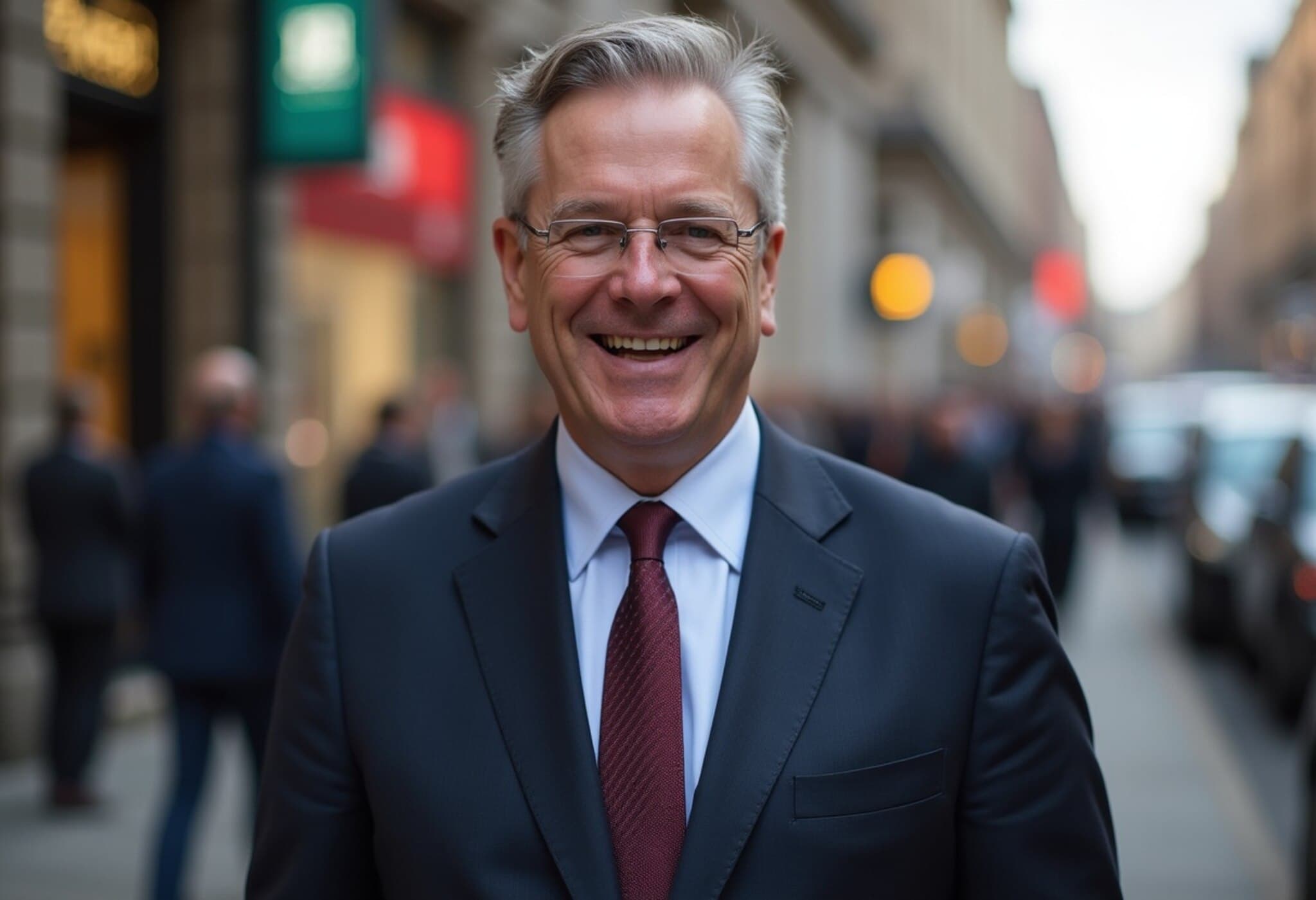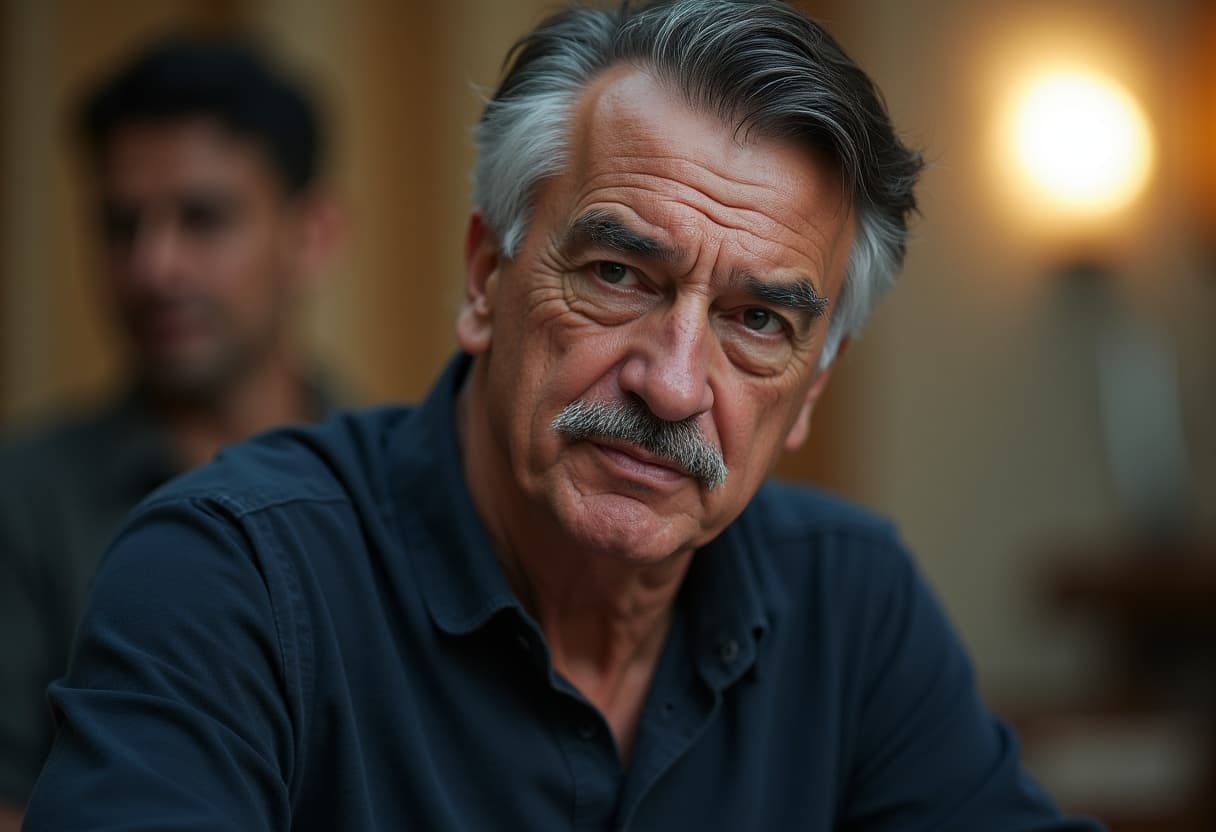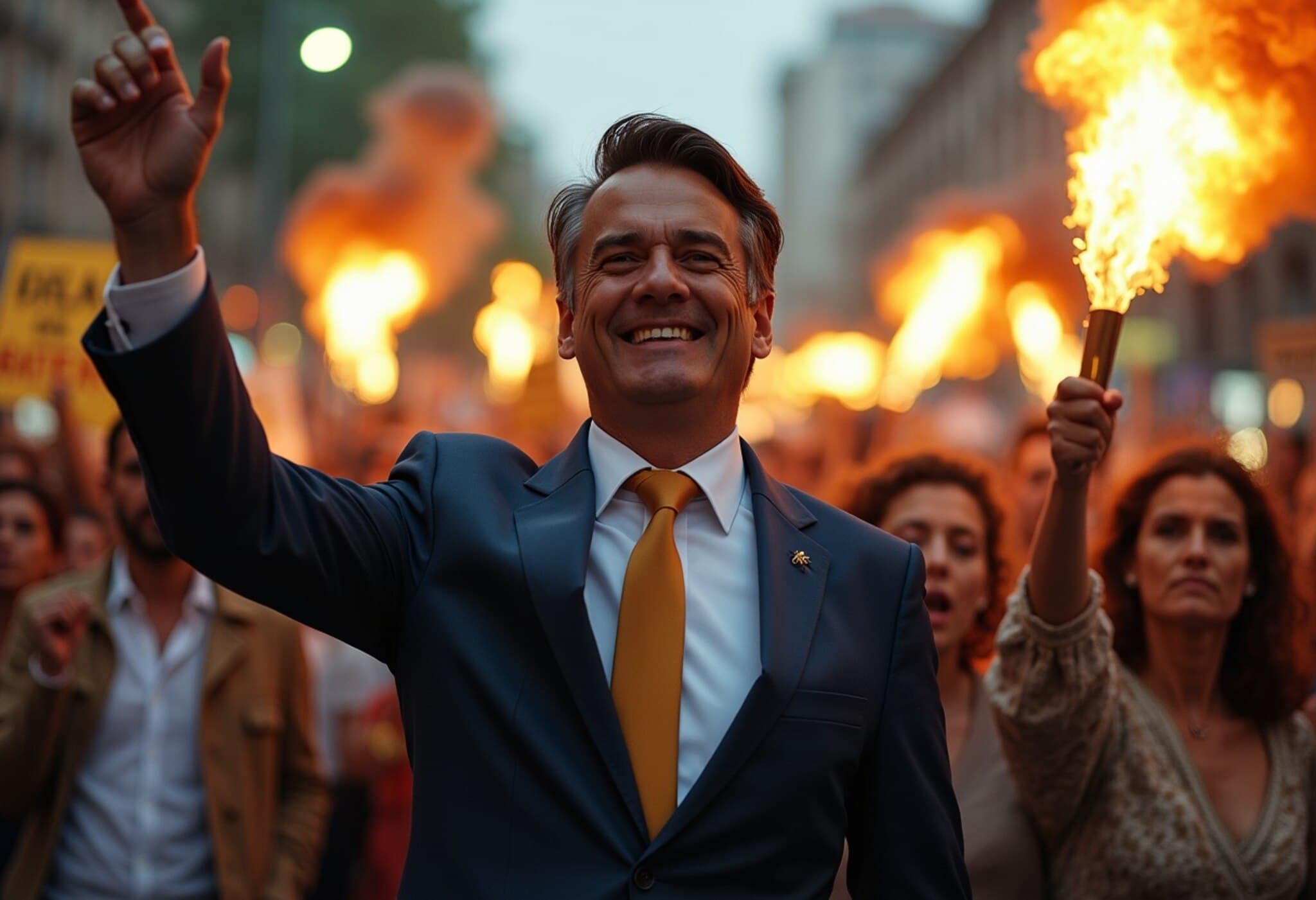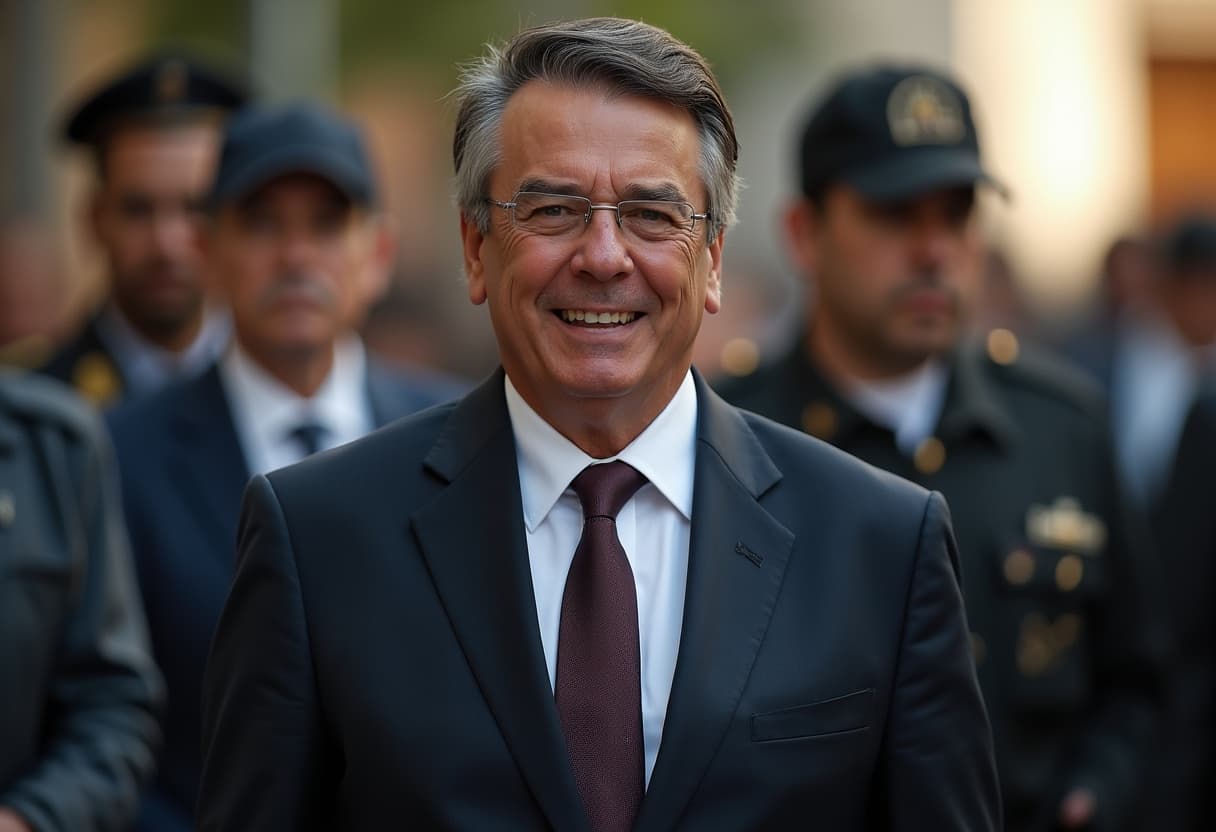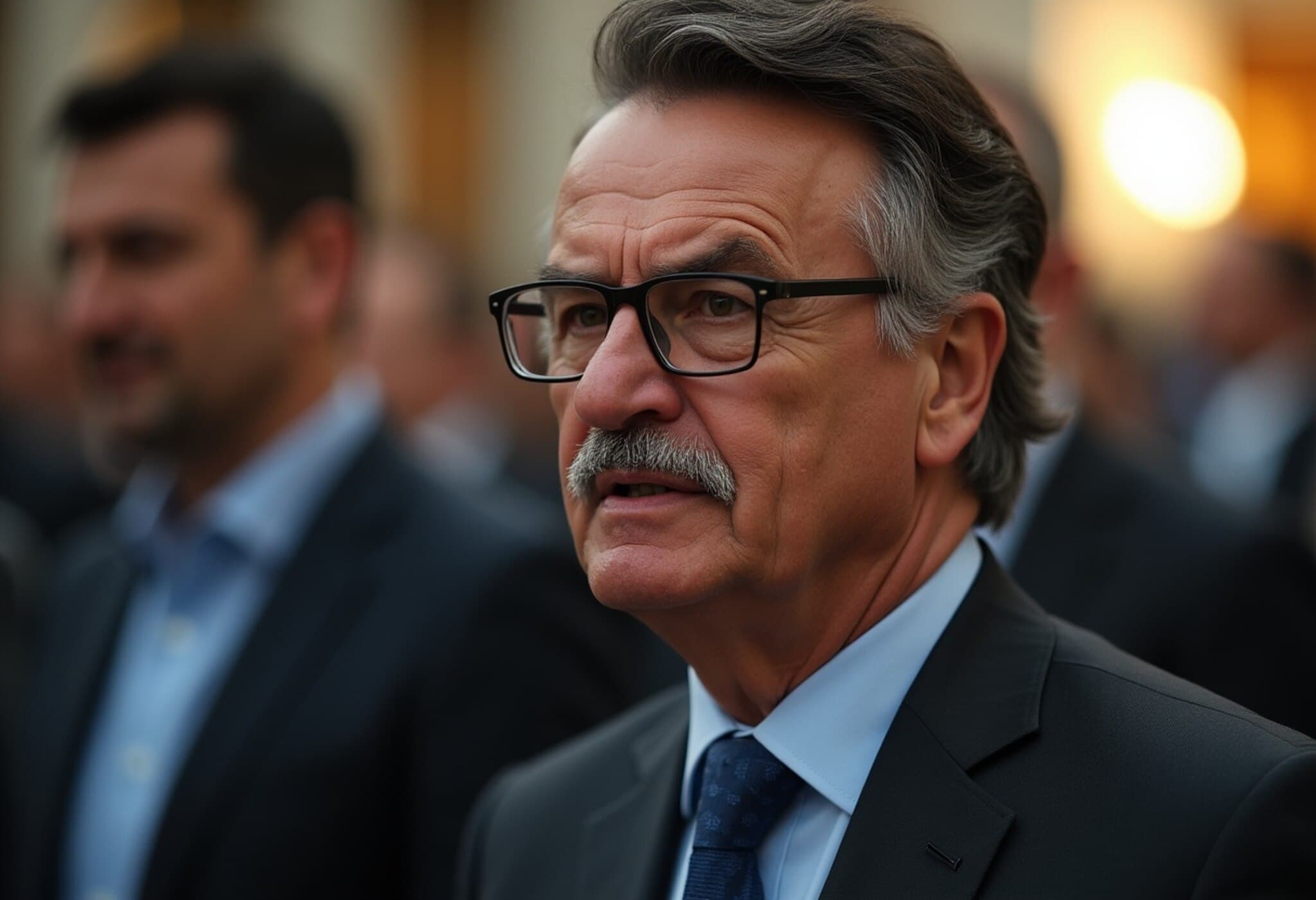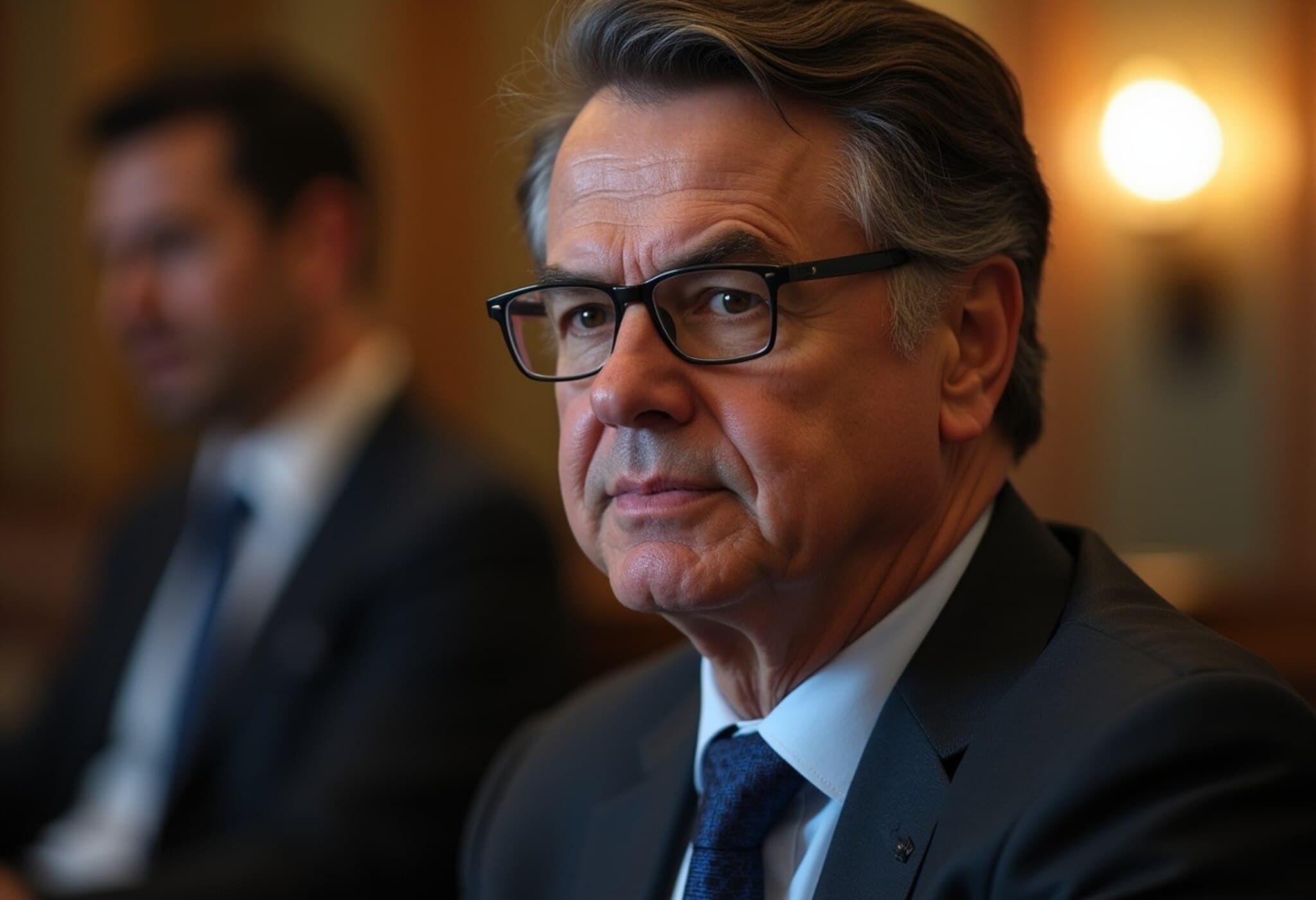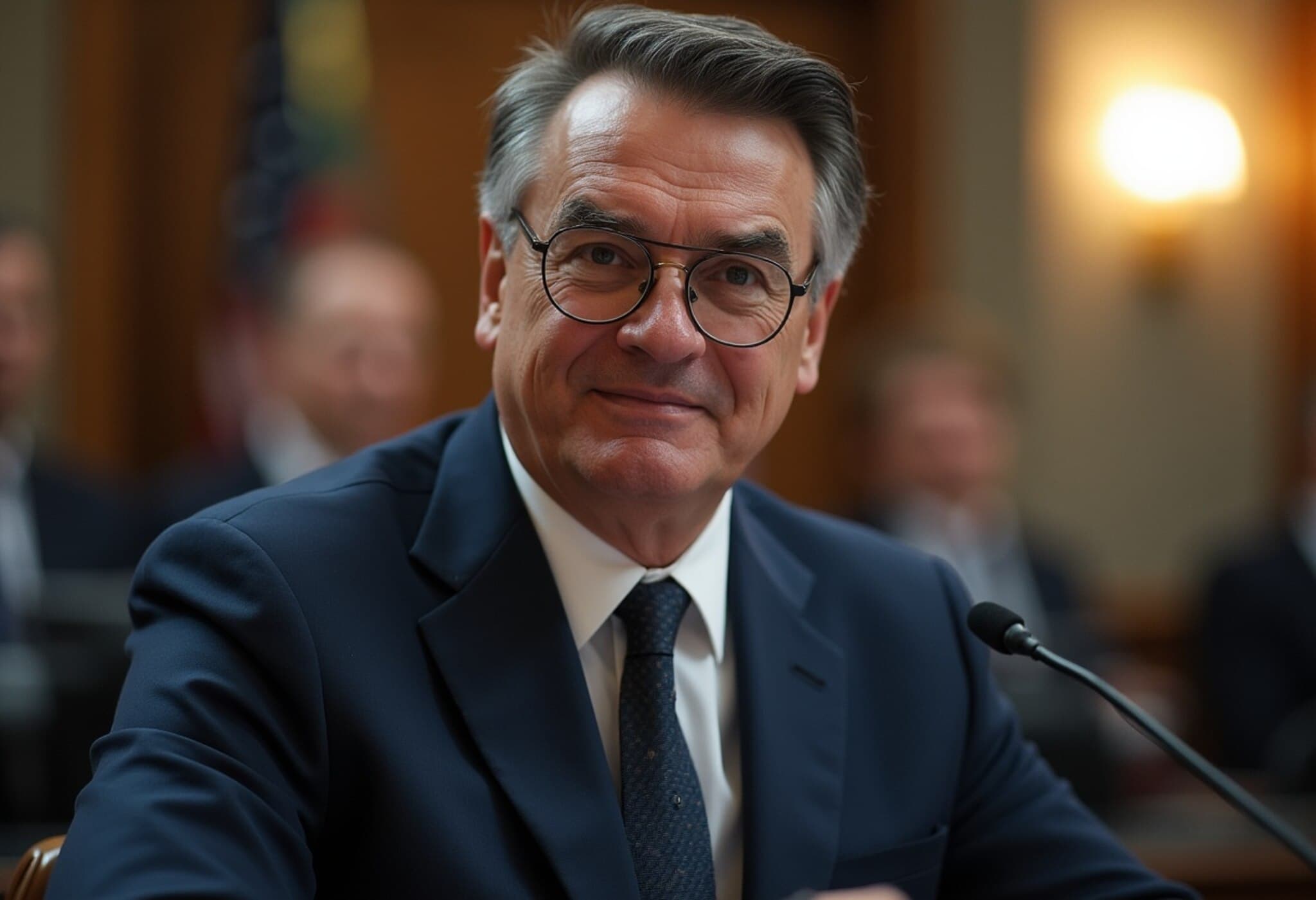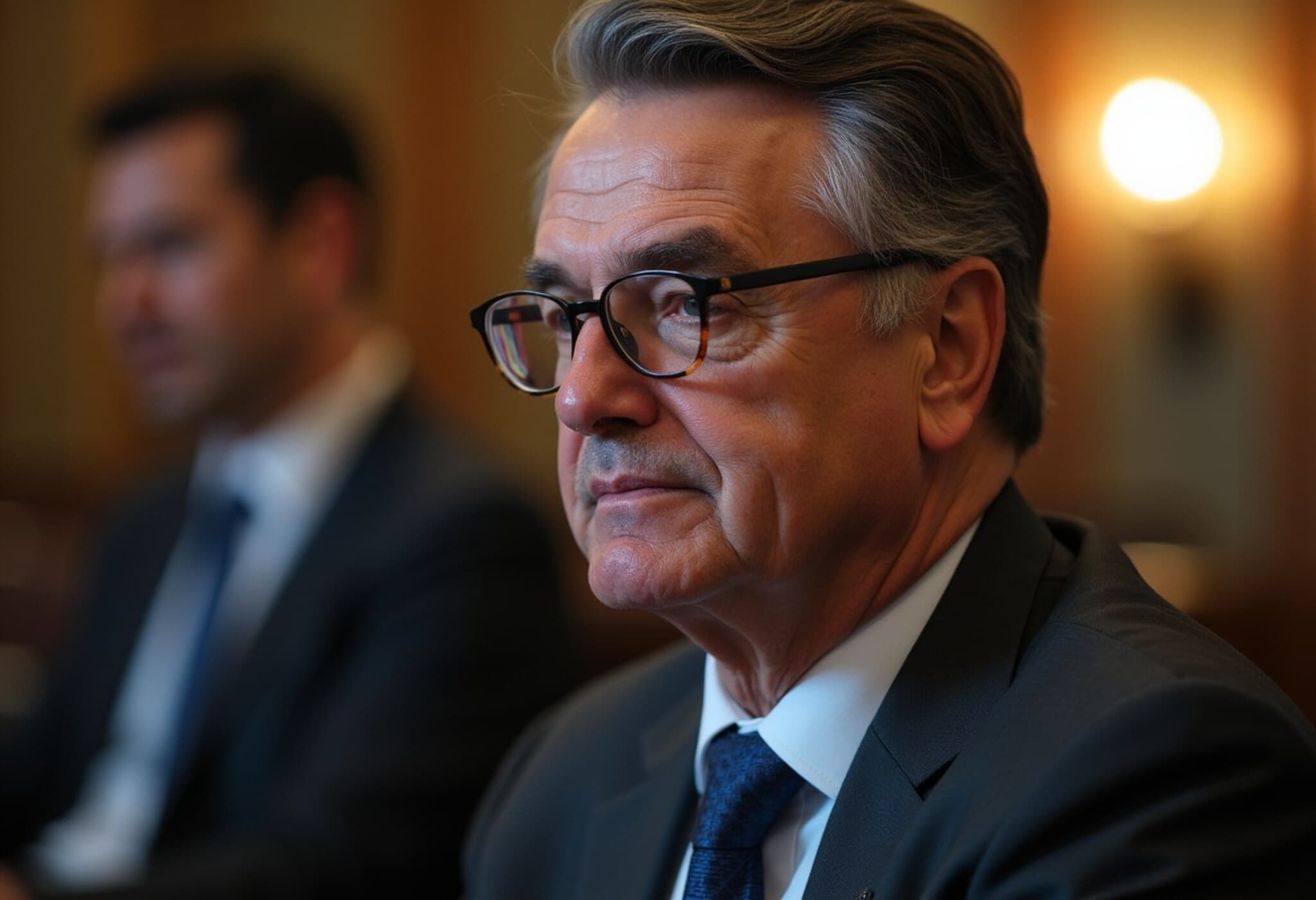Jair Bolsonaro Faces Trial Over Alleged 2022 Election Coup Plot
As Brazil braces for a high-stakes trial beginning this week, former President Jair Bolsonaro finds himself at the center of allegations that could reshape the nation’s democratic trajectory. The 70-year-old politician is charged with orchestrating a broad conspiracy to overturn his electoral defeat in 2022 — a claim that Bolsonaro vehemently denies, insisting that his actions were grounded exclusively in legal channels.
The Charges: A Coup Attempt or Political Strategy?
Prosecutors depict Bolsonaro as the mastermind of a multi-layered scheme targeting the heart of Brazil's democratic institutions. Central accusations include efforts to:
- Discredit the 2022 election results through unfounded claims of fraud.
- Empower the military with exceptional authority.
- Undermine the independence of Brazil’s judiciary.
- Even conspire to eliminate political rival Luiz Inácio Lula da Silva, who narrowly defeated him at the polls.
These allegations strike a particularly sensitive chord in Brazil, a nation still grappling with the legacy of a harsh military dictatorship that ended merely four decades ago. For many citizens and observers, holding Bolsonaro accountable symbolizes a critical affirmation of democratic resilience.
Bolsonaro’s Defense and Support Base
On the other hand, Bolsonaro and his supporters frame the trial as a politically motivated witch hunt designed to suppress his influence ahead of the looming 2026 presidential election. Bolsonaro maintains he sought only lawful avenues to contest the election — which he repeatedly claims was rigged, despite a lack of credible evidence. This defense resonates with a sizable segment of Brazilians disillusioned with traditional politics and distrustful of the judiciary’s accumulating power.
The Role of Brazil’s Supreme Court and Democratic Concerns
The trial also spotlights Brazil’s judiciary, particularly its Supreme Federal Court (STF), which has exercised broad authority in recent years to investigate and prosecute political figures. While many see this as a necessary check against threats to democracy, critics argue it risks overreach and politicization. This tension raises critical questions about the balance of power in Brazil’s democratic framework and the safeguards necessary to protect independent legal institutions.
International Reverberations and the U.S. Connection
The Bolsonaro trial is not just a domestic affair. It has sparked diplomatic friction between Brazil and the United States, especially given Bolsonaro’s close ideological ties with former U.S. President Donald Trump. Trump's administration reportedly exerted pressure through tariffs and sanctions, urging Brazil’s judiciary to drop charges against Bolsonaro. This transnational entanglement underscores the growing influence of populist allies across the Americas and complicates the broader narrative of democratic governance versus authoritarian challenge.
What’s at Stake for Brazil and Beyond?
This trial represents more than the fate of one man; it is a test of Brazil’s commitment to upholding electoral integrity and democratic norms — principles that affect the socio-political stability of the Western Hemisphere’s largest democracy. Observers worldwide will watch closely, as the outcome could set precedents for handling electoral disputes and political accountability in Latin America.
Expert Perspective: The Democratic Crossroads
Brazilian legal experts caution against viewing the trial solely through partisan lenses. Professor Ana Clara Mendes, a constitutional law specialist at the University of São Paulo, emphasizes, “Ensuring justice in this case is vital not just to penalize wrongdoing, but to fortify democratic institutions vulnerable to polarization and misinformation.” She further notes the dangers posed by a judicial system perceived as politically biased, which could deepen societal divisions rather than heal them.
Looking Ahead: The Implications for Brazil’s Political Landscape
As Bolsonaro’s trial unfolds, several critical questions loom:
- Can Brazil’s institutions navigate this crisis without compromising democratic principles?
- Will the judiciary’s expanded role reshape political campaigning and discourse in future elections?
- How will Bolsonaro’s prosecution influence his political comeback ambitions?
The answers will reverberate through Brazil’s society and the broader region, underscoring the delicate interplay between justice, politics, and public trust.
Editor’s Note:
Jair Bolsonaro’s coup plot trial exemplifies the complex challenges emerging democracies face when confronting alleged anti-democratic conduct within their own ranks. While accountability is undeniably essential, the path to justice must tread carefully to preserve the very democratic ideals it seeks to defend. Observers and citizens alike must remain vigilant about the potential consequences — both legal and political — emanating from this landmark case, keeping the broader vision of democratic stability at the forefront.



